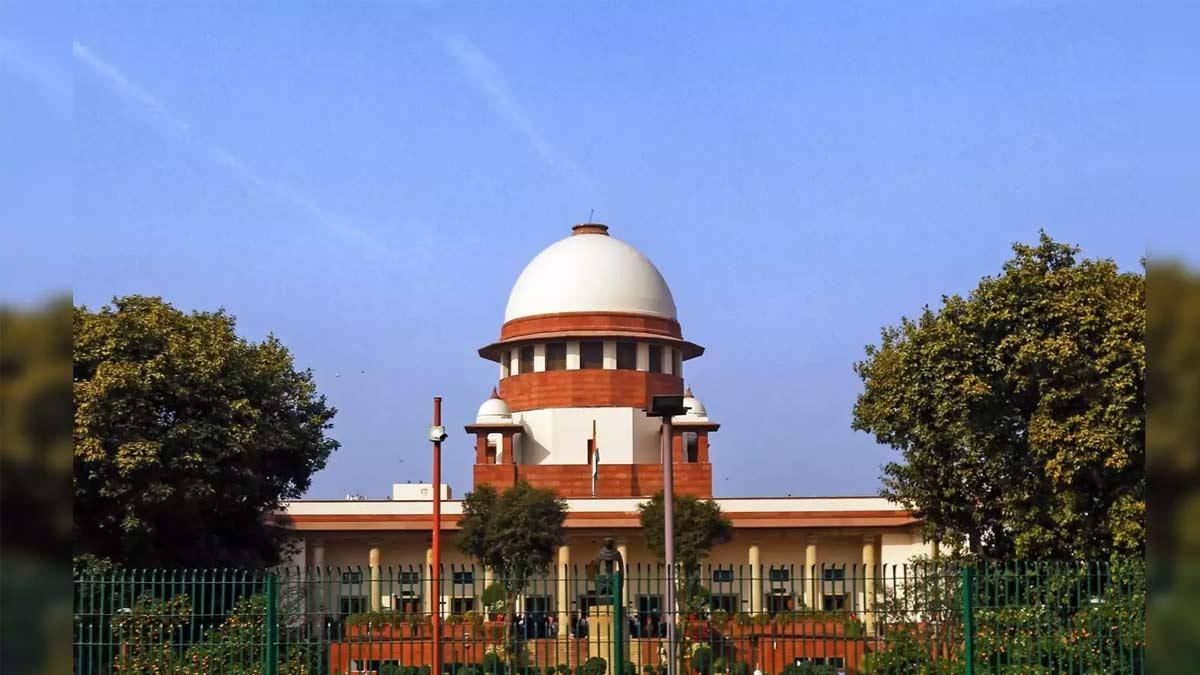In a landmark ruling on Thursday, the Supreme Court struck down the electoral bond scheme, citing infringements on the right to information and freedom of speech and expression enshrined in the Constitution. The decision, delivered by a five-judge Constitution bench led by Chief Justice D Y Chandrachud, represents a significant setback for the central government.
The Chief Justice pronounced the verdict, emphasizing that the scheme violates the fundamental right to freedom of speech and expression as outlined in Article 19(1)(a) of the Constitution. Moreover, the bench asserted that the right to privacy encompasses citizens' political privacy and affiliation.
Furthermore, the bench declared the amendments made to various laws, including the Representation of Peoples Act and the Income Tax laws, as invalid. It directed the State Bank of India to disclose the names of contributors to the scheme to the Election Commission, thereby ending the issuance of electoral bonds.
The court's decision comes after months of deliberation, with the verdict reserved since November 2 of the previous year. The electoral bond scheme, introduced by the government on January 2, 2018, aimed to provide an alternative to cash donations to political parties, ostensibly to enhance transparency in political funding.
According to the Electoral Bond Scheme, 2018, an electoral bond is a bond issued in the nature of a promissory note, which shall be bearer in character. A bearer instrument is one which does not carry the name of the buyer or payee, no ownership information is recorded and the holder of the instrument (i.e. political party) is presumed to be its owner, explains Association for Democratic Reforms.
Under this scheme, Indian citizens and domestic companies are permitted to contribute these bonds in denominations of Rs 1,000, Rs 10,000, Rs 1 lakh, Rs 10 lakh, and Rs 1 crore to their chosen political parties.
The redemption period for these bonds is set at 15 days, obligating political parties to encash them within the stipulated timeframe. Individuals, whether singly or jointly with others, are empowered to purchase these bonds without any limit on the quantity.
Unencashed bonds within the validity period of 15 days are to be deposited by the authorized bank to the Prime Minister's National Relief Fund, as per the scheme's provisions.
However, concerns have been raised regarding transparency in the financing of political parties. The absence of a requirement for political parties to disclose the names and addresses of contributors via electoral bonds in their annual contribution reports to the Election Commission has come under scrutiny.
Activists argue that this lack of transparency infringes upon citizens' fundamental 'Right to Know'. While citizens remain uninformed, the government retains access to donor details through the State Bank of India (SBI), according to the Association for Democratic Reforms.
The ADR emphasizes that the Election Commission of India (ECI) had acknowledged that donations received through electoral bonds fall outside the reporting scope, deeming it a regressive step necessitating withdrawal.
Read Also | Supreme Court Condemns Threat to Democracy in Chandigarh Mayoral Elections


















